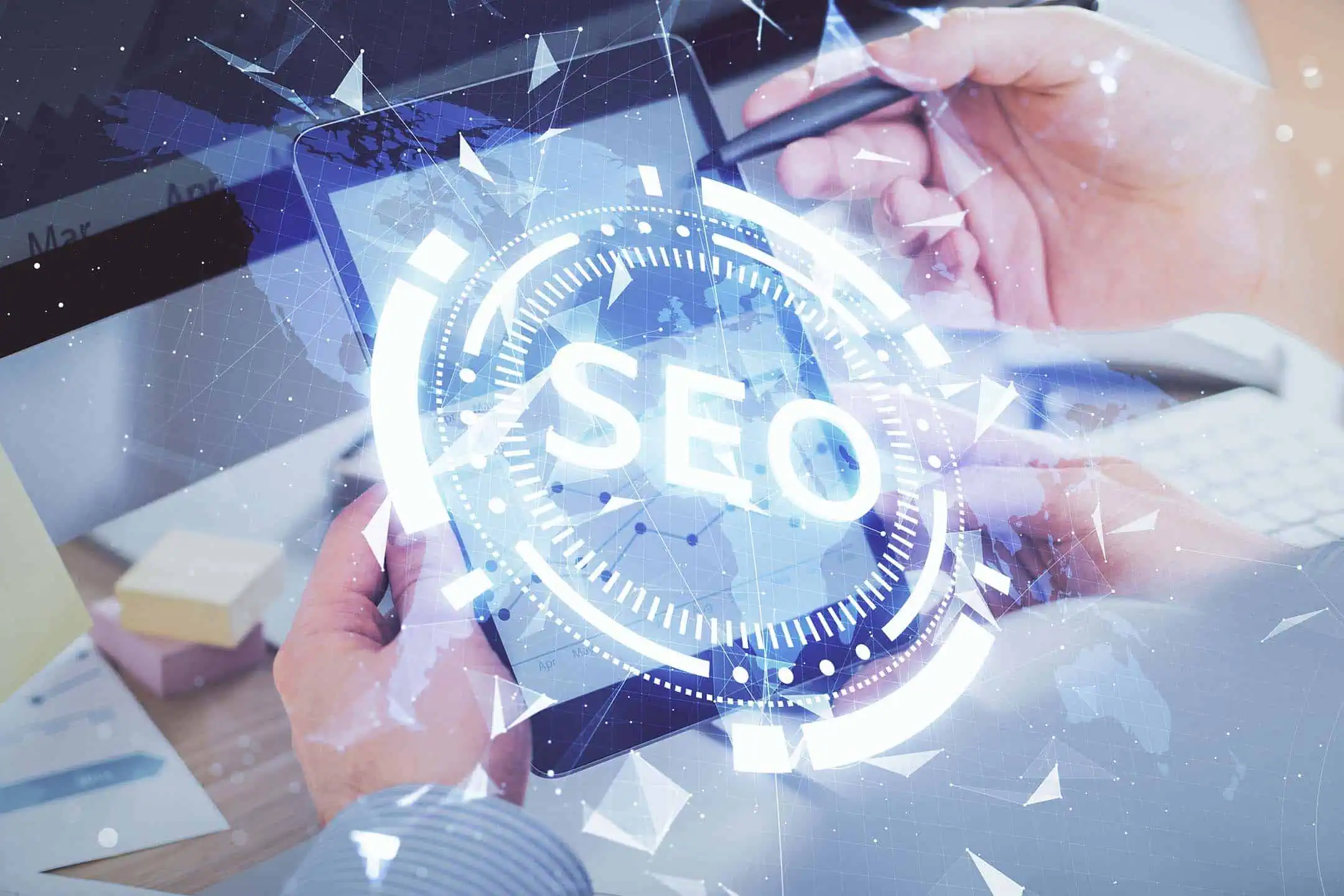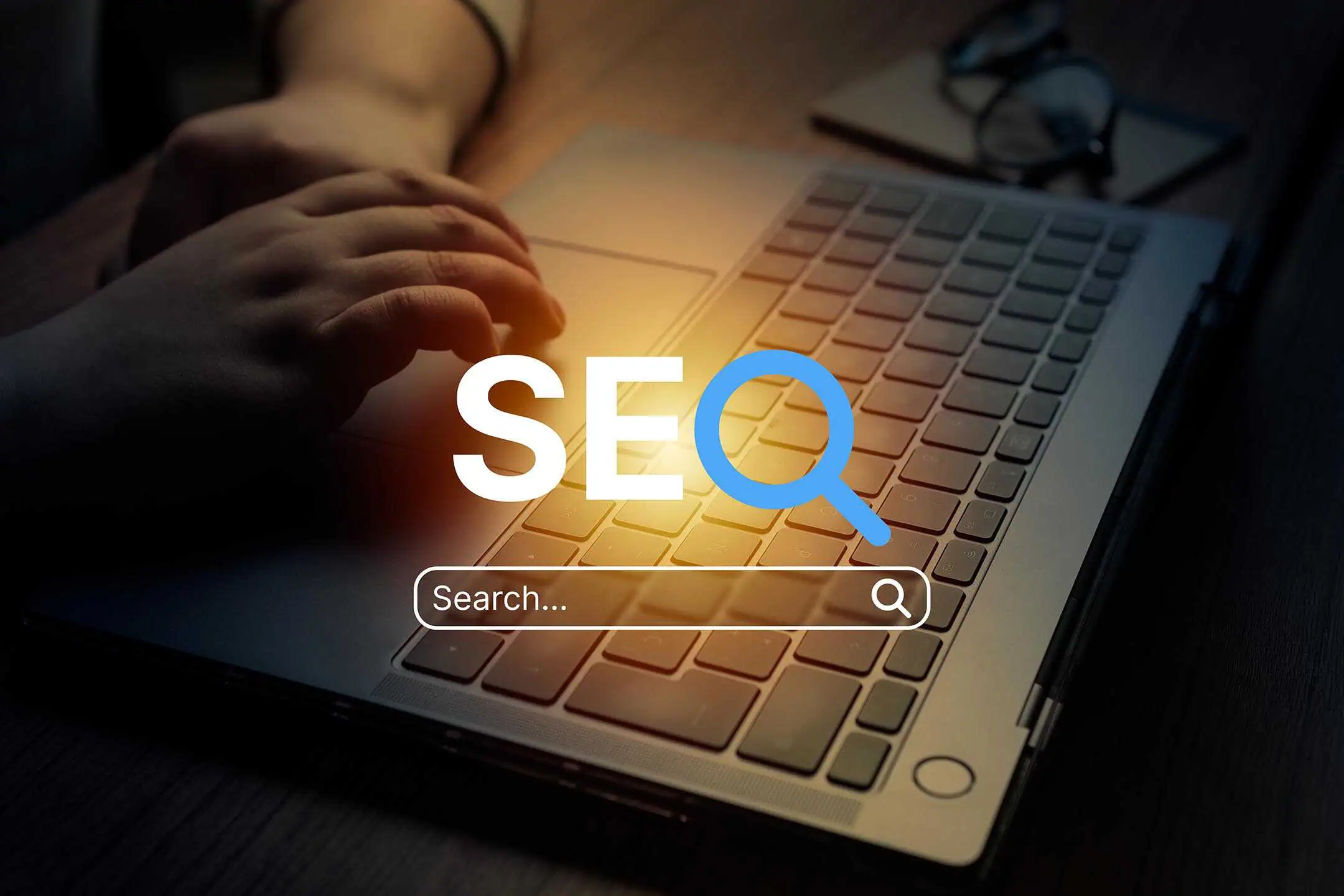Artificial Intelligence (AI) has fundamentally transformed a myriad of industries, revolutionising operations and reshaping competitive landscapes. From healthcare’s predictive diagnostics to finance’s algorithmic trading, AI’s influence permeates through an array of sectors, streamlining processes and enhancing decision-making capabilities. In the realm of digital marketing, AI’s impact is profoundly reshaping strategies, particularly in the intricate world of SEO.
AI’s integration into SEO heralds a new era of digital marketing where data isn’t just analysed; it’s anticipated. This intersection has empowered SEO practices with advanced predictive analytics, sophisticated content optimisation tools, and smarter search algorithms, all designed to enhance how brands optimise for both search engines and user experiences. The potential of AI within SEO is vast – ranging from automating mundane tasks to uncovering untapped opportunities for growth, ultimately leading to more personalised user experiences and improved search engine rankings.

Current Impact of AI in SEO
Search engines like Google have significantly integrated AI into their algorithms to enhance the efficiency and accuracy of search results. A prime example is Google’s RankBrain, an AI-driven system that interprets search queries and user intent to deliver more relevant search results. RankBrain utilises machine learning to understand the nuances of language and context within queries, allowing it to adjust and refine search results based on real-time feedback and user interactions. This incorporation of AI not only improves the personalisation of search results, catering more specifically to individual user needs but also increases the overall relevance of the content displayed.
As AI technologies evolve, they continue to refine the sophistication of search algorithms, enabling them to better understand and predict the most pertinent content for users, thereby enhancing the search experience significantly.
AI-Powered Content Optimisation Tools
AI-powered content optimisation tools have emerged as pivotal assets. Tools like MarketMuse and Clearscope employ AI to analyse existing content and offer strategic recommendations for improvement. These platforms use sophisticated algorithms to process large datasets on keyword usage and industry benchmarks, providing insights that help marketers optimise content for both relevance and SEO performance. By suggesting optimal keyword densities, relevant topics, and comprehensive content structures, these tools enable content creators to craft material that resonates well with both search engines and readers.
The benefits of using AI for content creation are manifold; they streamline the content development process, enhance the quality and depth of content, and significantly improve keyword optimisation. This not only helps in achieving higher search rankings but also in maintaining a competitive edge in content relevance and audience engagement.

AI in User Experience & SEO
AI significantly elevates user engagement by personalising the online experience at an individual level. AI technologies can analyse user behaviour, preferences, and past interactions to tailor the content, layout, and even functionalities of a website to better meet the needs of each visitor. For instance, AI-driven chatbots can provide immediate assistance and dynamically respond to user queries, making interactions smoother and more satisfying. Recommendation engines utilise AI to suggest relevant content or products, significantly enhancing user engagement and increasing the likelihood of conversions. Furthermore, adaptive content systems adjust what is displayed based on the user’s past behaviour and engagement patterns, ensuring that the most relevant and engaging material is always front and centre. These AI-driven features not only improve the user experience but also boost engagement metrics such as time on site and click-through rates, which are crucial for SEO success.
AI for Technical SEO Improvements
AI is also transforming technical SEO, making websites faster, more efficient, and easier to navigate. AI tools are pivotal in automating and optimising various aspects of website performance, including speed and mobile responsiveness. Tools like Lumar utilise AI to conduct thorough website audits, identifying and helping to rectify issues ranging from slow-loading pages to poorly optimised images that could impact user experience and search engine rankings. These tools analyse huge amounts of data to detect subtle patterns and anomalies that might escape human reviewers, ensuring that the site adheres to the best technical SEO practices. Moreover, AI applications can simulate user interactions on different devices to test and optimise mobile responsiveness, ensuring that the website offers a consistently excellent experience across all platforms.
By leveraging AI in these technical areas, businesses can significantly enhance site functionality, speed up loading times, and ultimately improve their SEO standing, making their sites more favourable in the eyes of search engines and users alike.
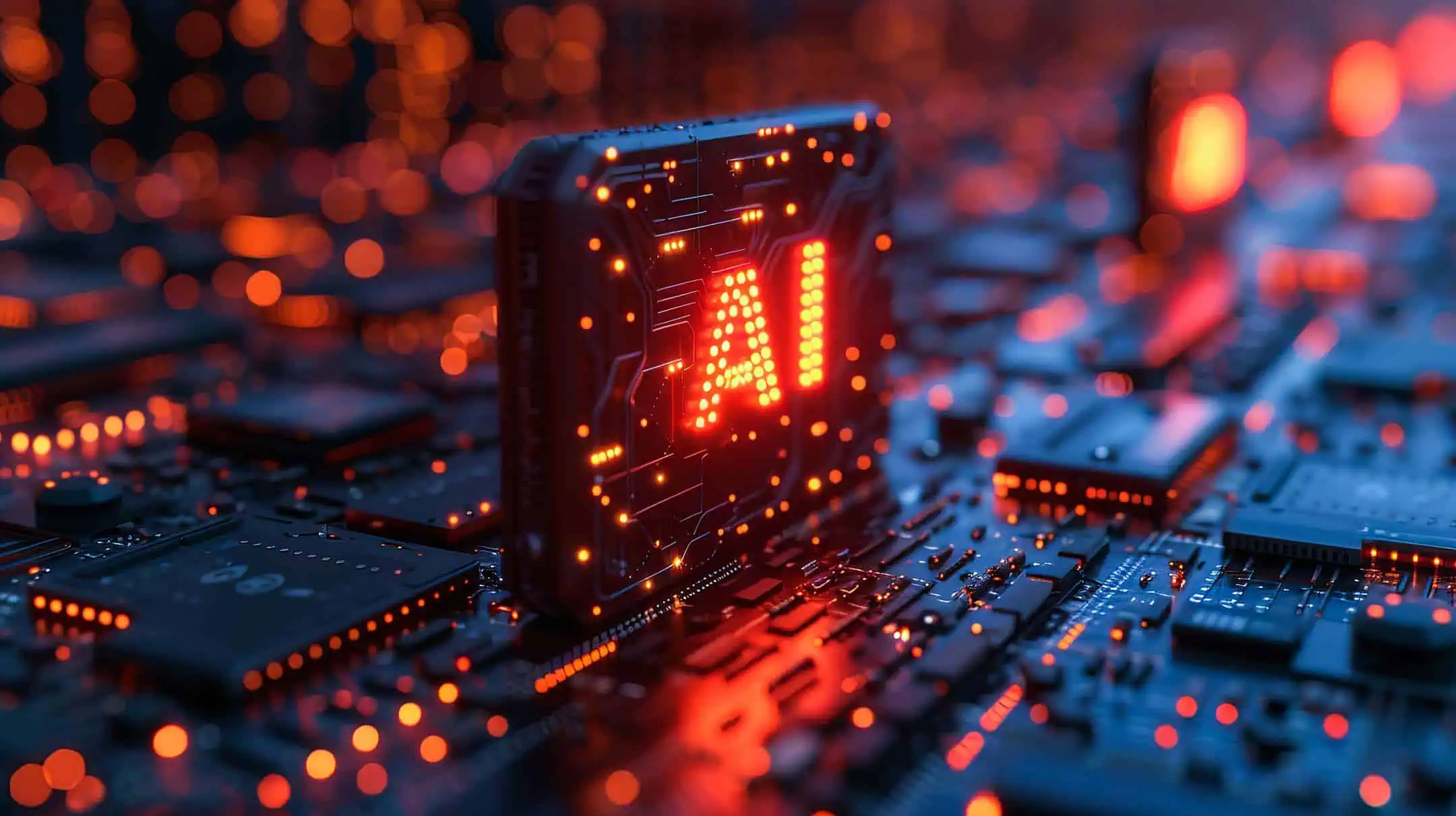
AI in Building Backlinks & Authority
AI has revolutionised the process of building backlinks by enabling more strategic and efficient identification of link-building opportunities. AI algorithms can analyse extensive datasets to uncover patterns and trends in link-building that are not immediately obvious. This capability allows marketers to identify high-quality link prospects by evaluating factors such as domain authority, relevance, and the existing link profile of potential linking sites. AI-driven tools like Ahrefs and Majestic utilise machine learning to scan the web for these criteria, providing recommendations that align with SEO best practices and enhance overall backlink quality.
Additionally, AI helps in managing and monitoring backlink profiles by tracking the status of existing links and alerting marketers about any changes that could affect their site’s SEO performance, such as lost links or gained links from undesirable sources. This level of analysis supports the development of a robust backlink strategy that significantly contributes to improving domain authority and search rankings.
AI’s role extends into predictive analytics, where it can forecast future trends in domain authority and the potential impact of specific link-building strategies. By analysing historical data and current market trends, AI models can predict which types of backlinks are likely to contribute most effectively to domain authority over time. This foresight allows SEO professionals to prioritise their efforts on strategies that offer the greatest return on investment. Tools like Moz Pro integrate predictive analytics to suggest adjustments to SEO tactics, anticipating changes in search engine algorithms and competitor movements that could influence rankings.
Furthermore, AI-driven predictive analytics help in identifying emerging niches or content themes that are gaining traction, enabling businesses to adjust their content and link-building strategies proactively. This application of AI not only helps in maintaining a competitive edge but also ensures that SEO strategies remain aligned with evolving search landscapes, driving sustained growth and authority in the domain.
Ethical Considerations and Challenges of AI in SEO
One of the critical ethical considerations in employing AI within SEO is the potential for bias in AI algorithms. These biases can inadvertently arise from the datasets on which AI models are trained. For instance, if the data is skewed or not fully representative of diverse user intents, the AI’s decisions may favour certain demographics or viewpoints over others, leading to a fairness issue in search results. This not only impacts the user experience but can also affect a brand’s visibility and reputation. Ensuring that AI-driven SEO tools promote fairness and inclusivity is crucial for maintaining the integrity of search results and the credibility of SEO practices.
As AI continues to play a more significant role in SEO, maintaining transparency and authenticity in strategies becomes increasingly challenging. The complexity of AI models can make it difficult for SEO professionals to understand exactly how rankings are being influenced, potentially leading to a lack of clarity when communicating strategy to clients or stakeholders. Furthermore, there’s a risk that over-reliance on AI could lead to strategies that prioritise algorithmic success over genuine user engagement and content value.
It’s vital for SEO practitioners to balance the use of sophisticated AI tools with a commitment to upholding transparency and creating authentic, user-focused content that genuinely addresses the needs and interests of their audience.
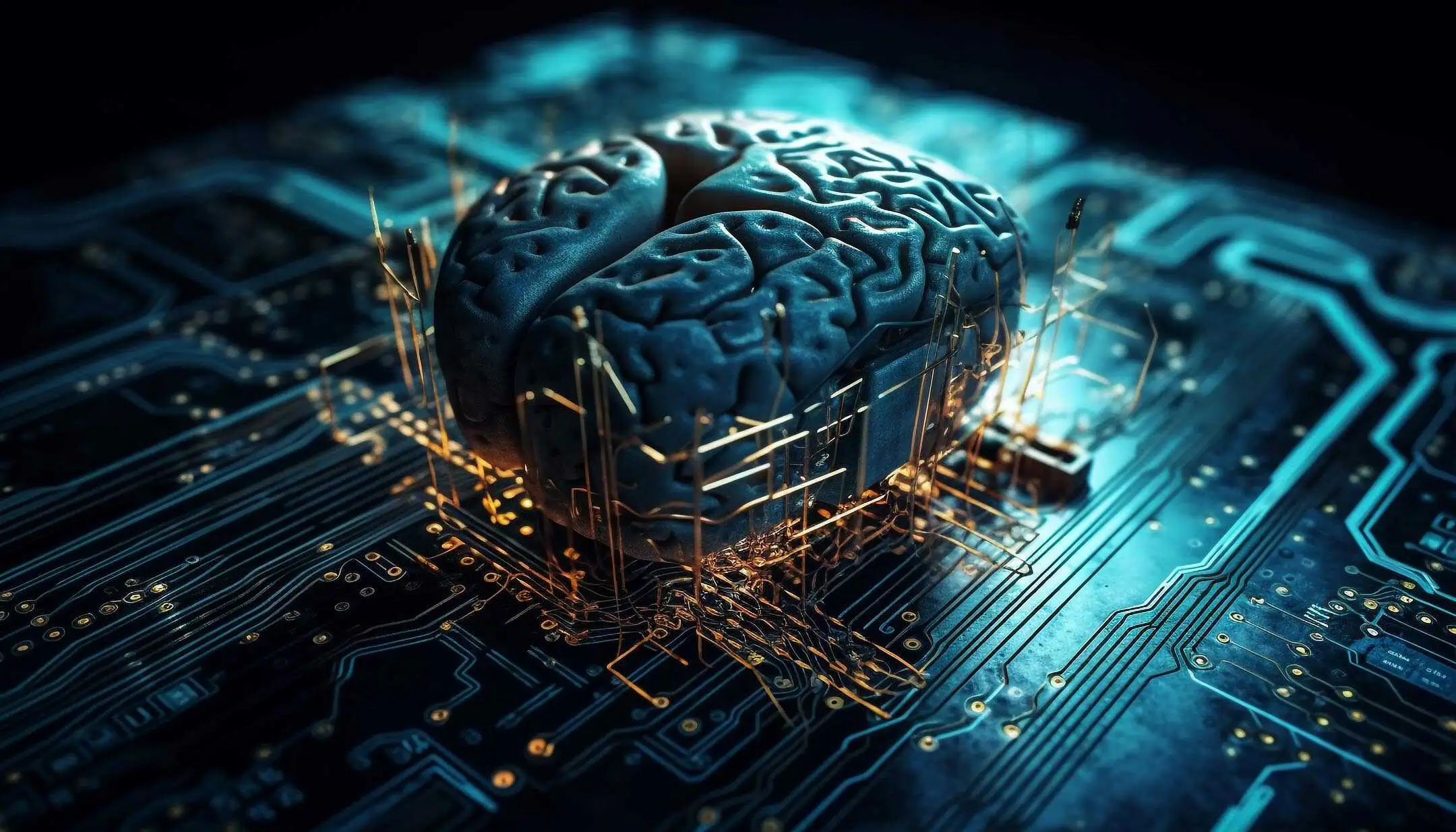
Future of AI in SEO
The trajectory of AI in SEO points towards increasingly sophisticated technologies that promise to further revolutionise this field. Notably, advancements in natural language processing (NLP) are set to enhance how search engines understand and process human language, making them even more adept at handling nuanced user queries. This will allow for more accurate content relevance and user intent matching, greatly improving search result quality. Additionally, AI in analytics is advancing rapidly, with new tools expected to provide deeper insights into user behaviour and SEO performance. These tools will enable real-time adjustments to SEO strategies based on predictive models that assess potential changes in search patterns and algorithm updates. Such capabilities will not only streamline SEO tasks but also allow for more proactive and data-driven decision-making.
Looking ahead, AI is likely to become more integral in automating and personalising SEO at scale. We can anticipate AI systems that not only suggest optimisations but also implement them autonomously, constantly refining SEO tactics to maximise effectiveness. Furthermore, as AI becomes more embedded in SEO, we might see it playing a pivotal role in combating black-hat SEO tactics, thus maintaining the integrity and fairness of search rankings.
The evolution of AI in SEO suggests a future where the boundaries of what is possible in digital marketing continue to expand, driven by technology that understands and anticipates the needs of users as well as marketers.
How e-innovate are using AI in SEO
At e-innovate, we harness the power of AI to streamline and enhance our SEO strategies, significantly boosting efficiency and effectiveness. By deploying AI to batch analyse our clients’ competitors, we quickly gather extensive lists of ranking keywords. This automated process not only saves valuable time but also allows for a more in-depth initial analysis than manual methods. With these insights, we can more effectively tailor our keyword research and optimisation strategies.
Further integrating AI, we utilise it to generate initial content briefs and outlines for content strategies. This approach has slashed the time required for these tasks by 75%, freeing up our team to focus more on complex technical optimisations and strategic planning. Additionally, we leverage tools like Ahrefs, which incorporate AI to provide deeper insights into search results and emerging trends. This use of advanced technology enables us to deliver superior SEO services, focusing on precision and innovation to drive our clients’ digital success.
Committed to maintaining the integrity of our campaigns, we rigorously test new AI-driven methods before they are fully integrated into our strategies, ensuring they enhance rather than compromise our client’s SEO success. We also offer services to help businesses leverage AI insights and automation to boost efficiency and transform their operations.
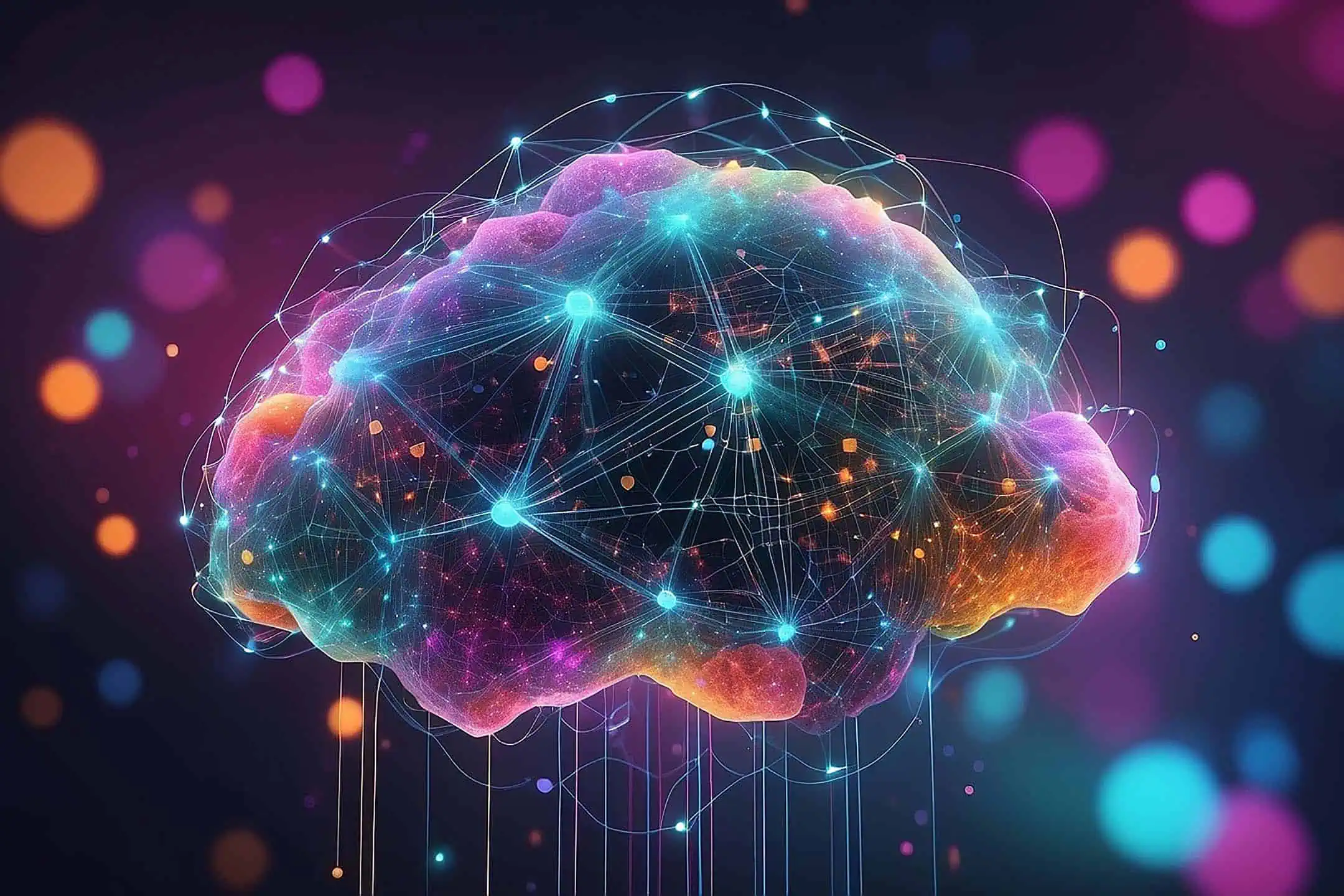
Reshaping SEO with AI
In summary, AI is not just reshaping existing practices, it is setting the stage for a revolutionary approach to search engine optimisation. AI’s ability to analyse vast datasets, predict trends, and personalise user experiences is transforming SEO from a largely reactive practice to a proactive, predictive strategy. The integration of AI into SEO processes – from content creation to technical adjustments – offers unprecedented efficiency and effectiveness, making it possible for businesses to stay ahead in the competitive digital landscape.
Looking forward, the continued evolution of AI technologies promises even more sophisticated tools and methodologies that will further enhance the accuracy and impact of SEO strategies. For anyone involved in digital marketing, staying informed and adaptable to these changes is crucial for future success.
As AI continues to evolve, embracing these technologies will not only keep you competitive but will also unlock new opportunities for growth and innovation in the realm of SEO. Ready to transform your SEO strategy? Contact e-innovate today, and let’s drive your business growth together.



